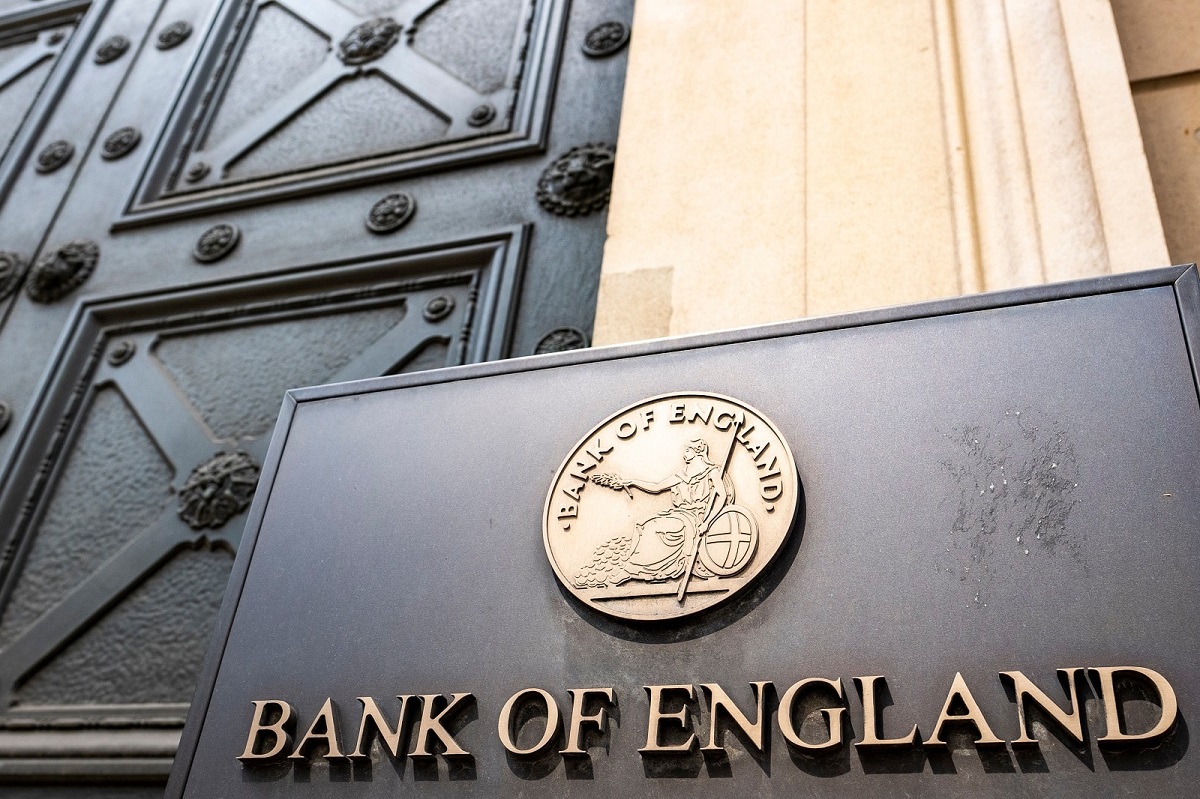Bank of England insider Megan Greene’s bold stance on interest rates disrupts market expectations, highlighting persistent inflationary pressures amidst divergent economic conditions. Here’s the full story.
Nasty Shocks
The UK economy has experienced a series of nasty shocks recently, with a cost-of-living crisis squeezing living standards, glacial wage growth, and the country officially being back in a recession.
Unfortunately for beleaguered consumers, there does not appear to be any good news on the horizon, as Megan Greene, a member of the Bank of England Monetary Policy Committee (MPC), has emphasized the need to maintain higher interest rates for the foreseeable future. Greene’s remarks have diverged significantly from market expectations, which she claimed were “in the wrong direction.”
Not Aligned
Contrary to prevailing market sentiment, Greene asserts that the trajectory of interest rates is not aligned with current market projections. Financial markets had been hopeful that the UK interest rate, currently 5.25%, would be cut in August, with another to follow soon after.
However, Greene argues the markets are overlooking the persistent inflationary pressures that will likely compel central banks to keep interest rates higher than anticipated.
Greene drew attention to the divergence in economic conditions between the UK and the United States, particularly regarding inflation trends.
Different Ball Game
While the US experienced a notable uptick in inflation, leading to recalibrated expectations for Federal Reserve policy, the situation in the UK differs significantly. Measuring inflation via the consumer prices index has improved recently, falling to 3.4% in the last few months. This had raised hopes that the rate could eventually fall below the Bank of England’s target of 2% by May.
This optimistic outlook made many economists note that inflationary pressures have notably diminished. At the same time, recent jobs data indicate a softening labour market, alleviating the strain on employers to raise wages and prices for consumers.
However, despite these high hopes, Greene was at pains to stress the need to consider each country’s unique economic circumstances when evaluating interest rate decisions.
Enduring Nature
Despite the recent decline in the UK’s consumer prices index, Greene underscores the enduring nature of the same inflationary pressures.
In an article in the Financial Times, Greene explained her reasoning: “There has been encouraging news on UK wage growth and services inflation in recent months. The risk of inflation persistence is diminishing as these indicators align with the MPC’s forecast. But they remain higher than in other advanced economies, particularly the US.”
She continued, “Momentum in the markets has been towards pricing in later rate cuts by the Fed as economic growth remains robust. I believe rate cuts in the UK should still be a way off as well.”
Significant Decline
US inflation experienced a significant decline last year due to plummeting energy prices, followed by a resurgence in recent months coinciding with the country’s economic recovery.
Greene stated, “Following surprisingly strong US March consumer prices index inflation, markets expect the Bank of England to cut rates earlier and by more than the Federal Reserve this year. The markets are moving rate cut bets in the wrong direction.” Greene also pointed out that the UK economy has not had the same bounce back as its American counterpart and was at serious risk of being trapped in a dangerous inflationary cycle.
Greene stated, “I’m worried that second-round effects are having a larger and longer-lasting impact in the UK.” These second-round effects, she argues, pose a significant challenge to the effectiveness of conventional monetary policy measures.
She added, “Overall labour market participation in the UK has not recovered to the pre-pandemic trend. Participation in the US, on the other hand, has exceeded the pre-Covid trend.”
Upcoming MPC Meeting
Greene’s analysis has significant implications for monetary policy decisions, particularly as the MPC approaches its next meeting. While Governor Andrew Bailey has acknowledged the possibility of rate cuts, Greene suggests a more cautious approach. Megan Greene’s assessment is depressing but possibly more realistic of the UK’s economic performance and likely path forward.
Though the markets may wish for a rose-tinted view of the future, the nasty contusions continuing to affect the UK economy have led her to argue for a considerably more nuanced approach. As the MPC deliberates over the next steps, it remains to be seen whether the markets or Greene will prove correct.
More Articles Like This…
Broken Britain: 12 Reasons Behind the UK’s Decline
Say the Unsayable: 10 Occasions When Farage Spoke His Mind About Britain
The post No Relief in Sight as UK Interest Rates Set to Remain High first appeared on Edge Media.
Featured Image Credit: Shutterstock / William Barton.
Grant Gallacher is a seasoned writer with expertise in politics and impactful daily news. His work, deeply rooted in addressing issues that resonate with a wide audience, showcases an unwavering commitment to bringing forth the stories that matter. He is also known for satirical writing and stand up comedy.

